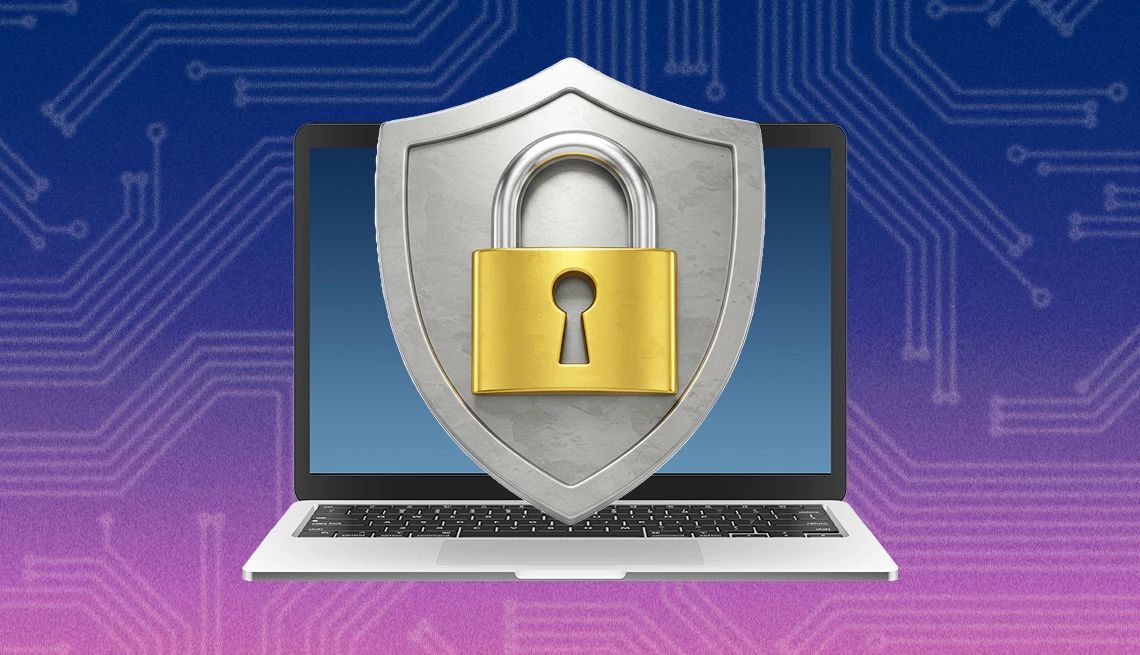AARP Hearing Center


Friends have told me that I should consider installing a VPN on my smartphone and/or computer for privacy and security reasons, but I don’t really understand what it is or does. Isn’t a VPN a work thing anyway?
VPN is short for virtual private network, and yes, it is often a work thing. But VPNs also benefit consumers because they can shield their internet activity from prying eyes.
Think of a VPN as a secure and encrypted tunnel where data passes between your phone or computer and a private network or server. Encryption means that the data in transit is garbled or rendered into digital gibberish so that hackers or even your own internet service provider, or ISP, can’t make heads or tails of it.
About 3 of 4 Americans surveyed in June by Security.org, a website that reviews home and digital security and safety products, recognize what VPNs are. But only about a third use them.


Ask The Tech Guru
AARP writer Ed Baig will answer your most pressing technology questions every Tuesday. Baig previously worked for USA Today, BusinessWeek, U.S. News & World Report and Fortune, and is author of Macs for Dummies and coauthor of iPhone for Dummies and iPad for Dummies.
Some people are indeed first exposed to VPNs because their employer requires them to sign into the company’s network with one when working remotely.
Beyond the company you work for, though, consider other reasons for using a VPN.
Pretending to be elsewhere. You are traveling overseas but want to stream content from back home that’s blocked in the country or region you’re visiting. It can work the other way, too. You may be able to watch stuff produced across the pond that isn’t otherwise available in the U.S.
And VPNs may also help you bypass censorship or government restrictions while you’re in certain countries.
VPNs can change your IP, or Internet Protocol, address to mask or spoof your actual location and make it appear as if you’re in the same geographic area as the server you’re attempting to connect to.
Using a VPN for such purposes doesn’t always work in your favor. For example, Netflix says if a TV show or movie you want to watch on the service appears to be unavailable in the country you’re in, you may have to turn the VPN off. The popular streamer’s policy is that it will only deliver content for which it has worldwide rights, including series such as Stranger Things and Squid Game.




































































You Might Also Like
Windows 10 Updates End Soon. Is My PC at Risk?
You’ll lose out on new features, security patches, bug fixes
How Can I Tell If My Laptop Was Hacked?
Detecting signs of a laptop hack and what to doHow to Unsend Emails and Text Messages
Unsending messages means acting within seconds